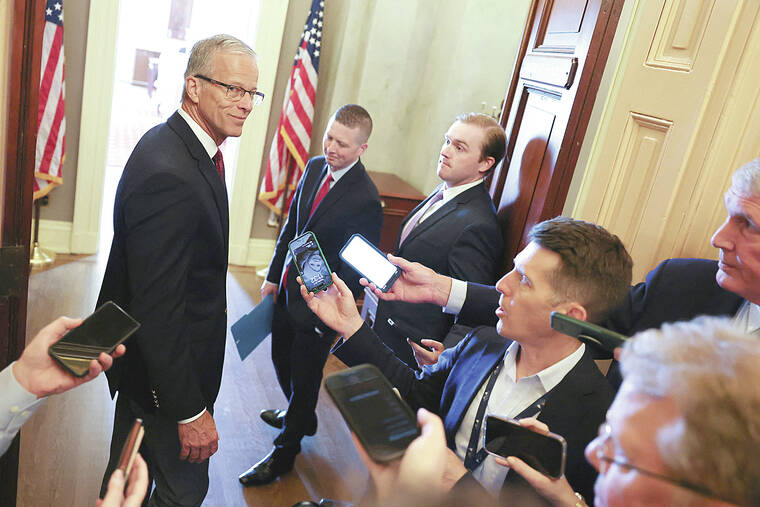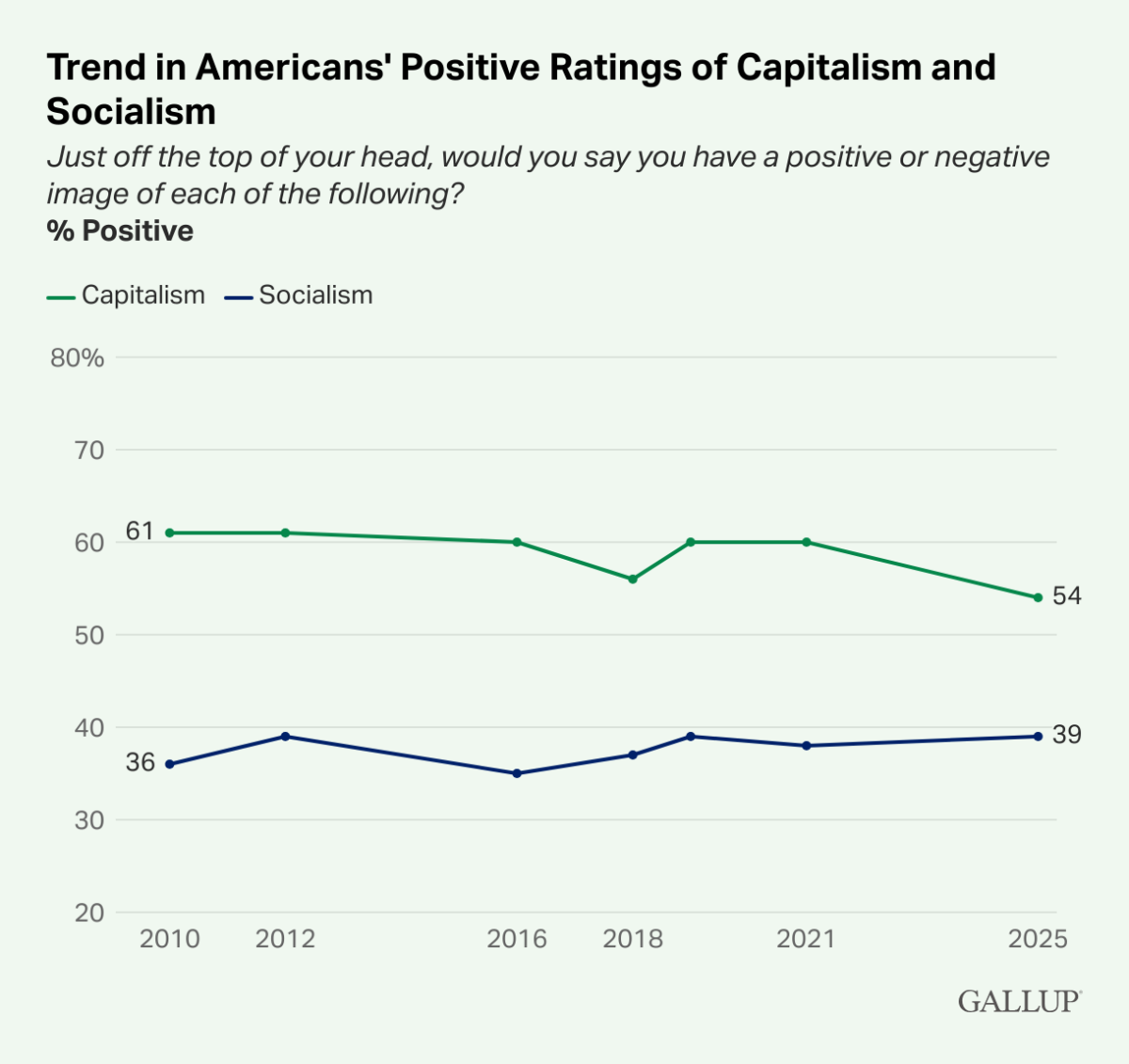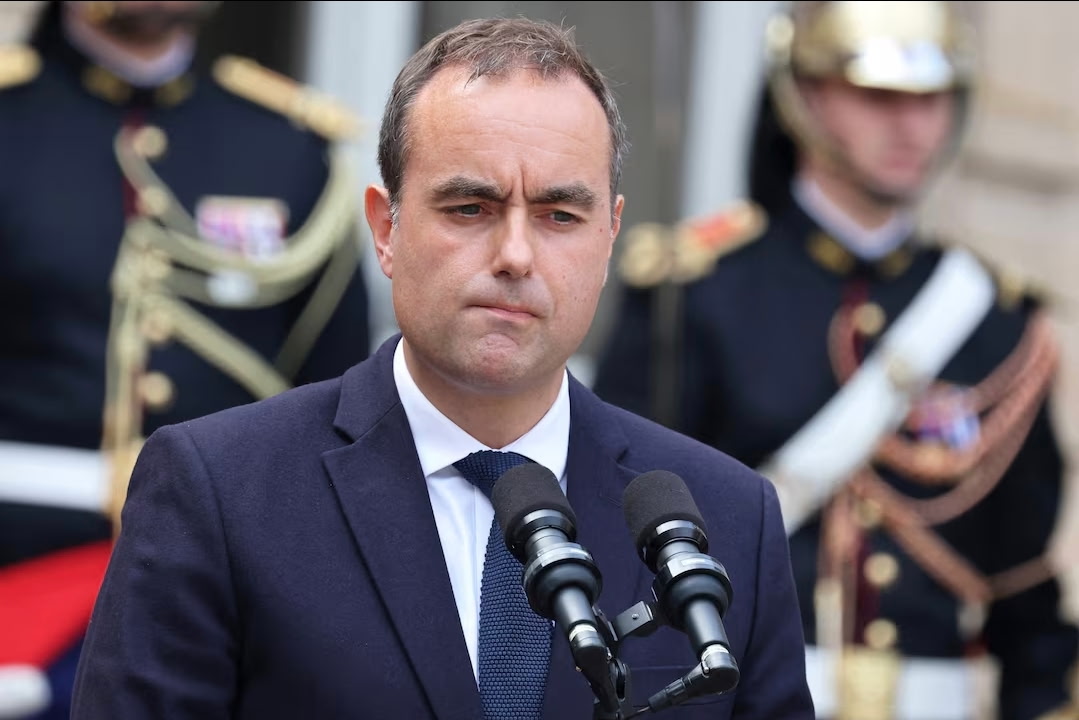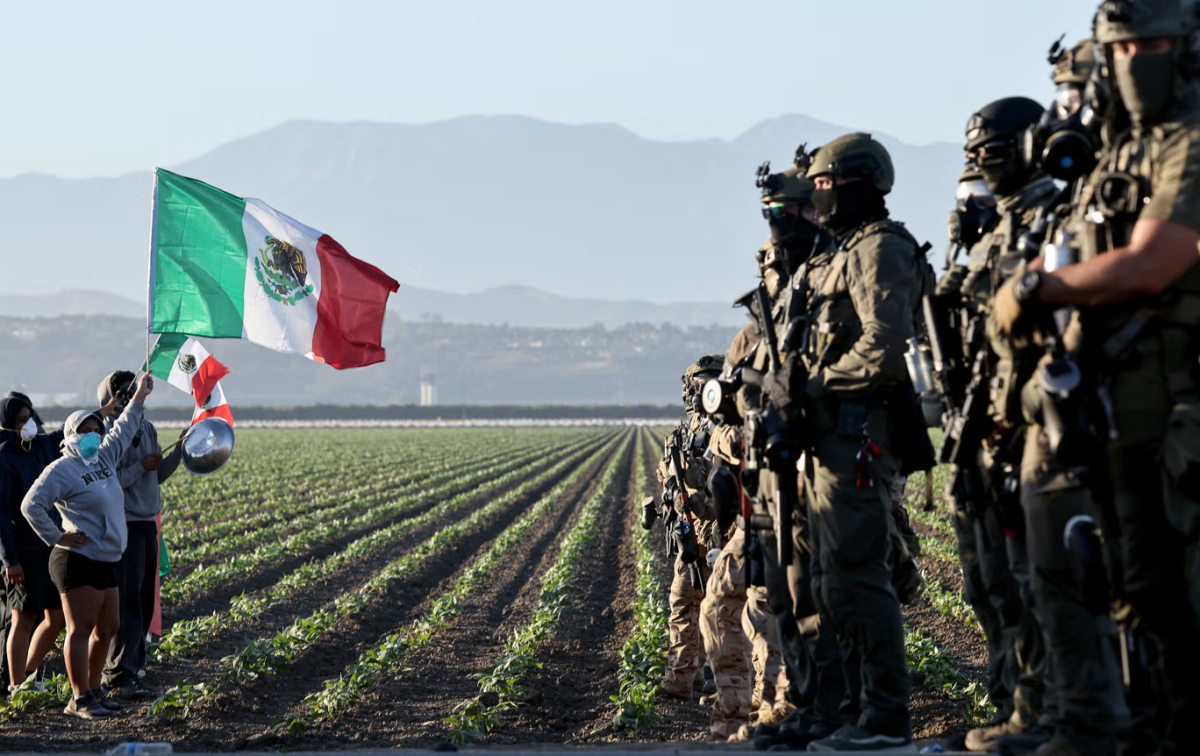On July 24th, President Donald Trump signed a rescission bill that canceled $9 billion in funding to public broadcasting and foreign aid, and with the fiscal year coming to an end, those cuts are coming into effect. About $1.1 billion was meant to go towards the Corporation for Public Broadcasting, which funds NPR, PBS, and more than 1,500 public radio and television stations across the country. Trump had originally wanted to rescind $8.3 billion in foreign aid, but due to changes to the bill in the Senate, this amount was reduced to $7.9 billion, affecting foreign aid programs that fight disease, famine, and promote global stability.
Congressionally allocated funding has been a cornerstone of the public media landscape for almost 60 years, according to New York Public Radio executive chair LaFontaine Oliver, and the speed of its elimination is putting many stations at risk, creating different effects across the nation. NPR and PBS have had to lay off staff, limit travel, and lop off parts of their operations to cope with budget shortfalls. At the same time, local programs like “South Dakota Focus,” “Almanac North,” “Headline Humboldt,” and others have been canceled, with bigger stations having to step up to cover the missing run time. Larger stations have also been helping these smaller stations, such as New York Public Radio, offering its programs “Radiolab” and “Science Friday” to cash-strapped stations for free for the next twelve months, waiving the usual distribution fees. While NPR has offered “fee relief” to hard hit stations, the loss of federal funding has exposed struggles between the local stations and the national organizations, with one of the corporation’s final acts being to award $57.9 million over the next five years to a new nonprofit, Public Media Infrastructure, that will handle connections between stations, thereby cutting NPR out of a loop it has controlled for decades.
As part of the package, Trump requested $8.3 billion be rescinded from foreign aid, but a Senate amendment reduced this number to $7.9 billion by removing $400 million from the package that would have been rescinded from The President’s Emergency Plan for AIDS Relief, or PEPFAR, which is a popular political program across the aisle started under George W. Bush’s administration. Of the programs that were cut, they include $500 million cut from global health programs funding activities that fight infectious diseases and promote maternal health, $800 million cut from a program that provides emergency shelter, water and sanitation and family reunification for those forced to flee their own country, $4.15 billion cut from two programs designed to boost the economies and democratic institutions in developing and strategically important countries, $496 million cut from providing humanitarian assistance such as food, water and health care for countries hit by natural disasters and conflicts, and $361 million cut from international peacekeeping efforts, which are designed to stabilize conflict zones and protect civilians. The Trump administration’s argument for these cuts is that this would make international organizations more efficient and look for other sources of income, “putting American taxpayers first.” The administration has also cut even more funding outside of the bill, through what has been dubbed a pocket rescission of $4 billion, due to a Supreme Court decision in which the majority explain that it seemed unlikely the international aid group plaintiffs had legal standing to seek access to the funds, so long as the administration had technically begun the formal process in Congress, which due to the extended amount of time the process takes, it went beyond the end of the fiscal year on September 30th, allowing the administration to rescind the funds.








